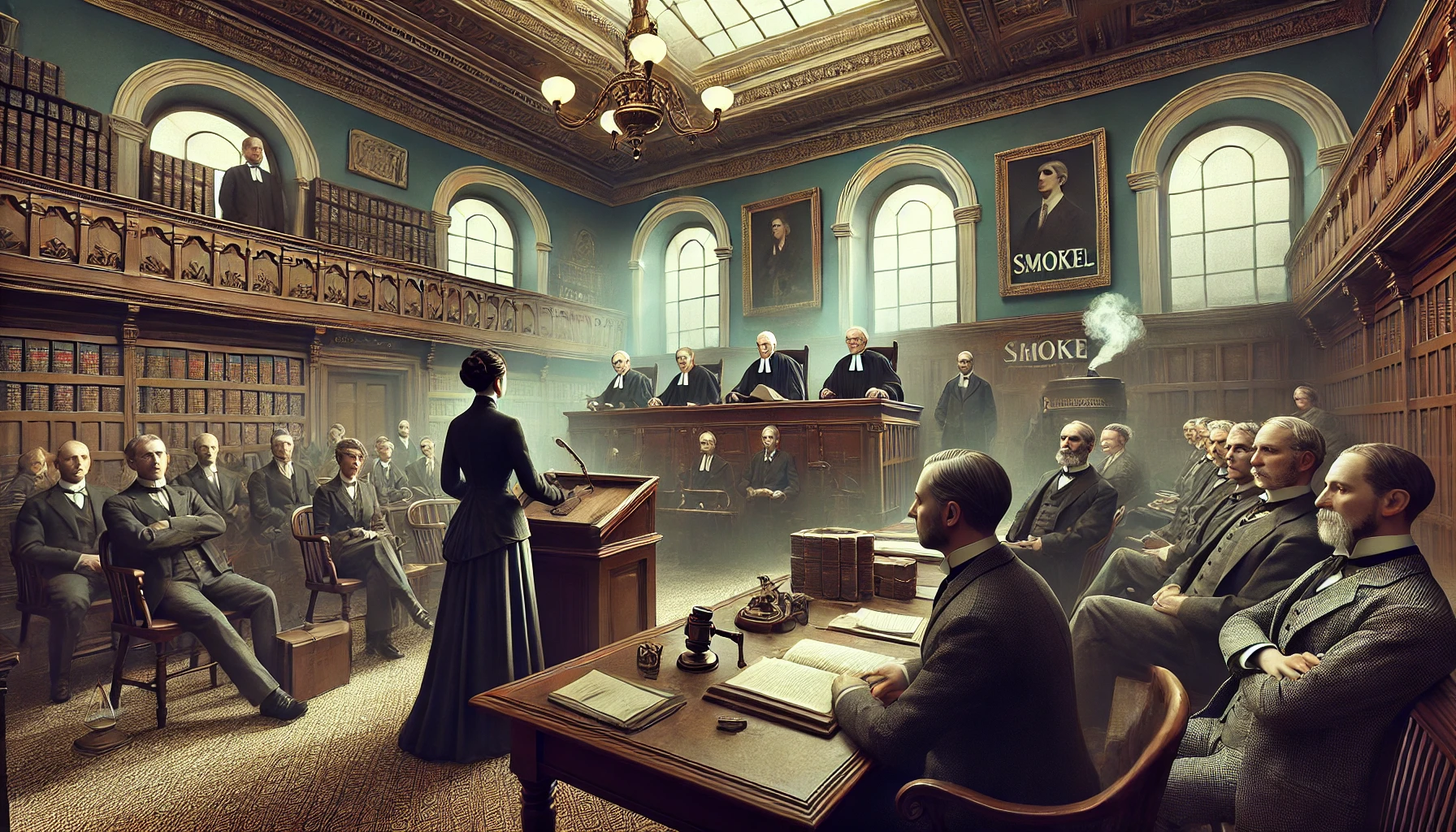Citation
[1893] 1 QB 256
Court
Court of Appeal, England
Date of Judgment
7 December 1892
Bench
Hon’ble Lord Justice Lindley, Hon’ble Lord Justice Bowen, Hon’ble Lord Justice Smith
Facts of the Case
The Carbolic Smoke Ball Company manufactured a product called the “smoke ball,” which was claimed to prevent influenza and other diseases. The company ran an advertisement promising £100 to anyone who used the smoke ball as directed and still contracted influenza. To show their seriousness, the company stated they had deposited £1,000 in a bank as proof of their intent.
Mrs. Carlill, relying on the advertisement, purchased and used the smoke ball as instructed but still contracted influenza. She sued the company for the promised £100 reward. The company argued that the advertisement was not intended to create legal relations and that Mrs. Carlill’s use of the product did not constitute an acceptance of their offer.
Legal Issues
- Whether the advertisement constituted a valid offer under contract law.
- Whether Mrs. Carlill’s actions amounted to acceptance of the offer.
- Whether there was an intention to create legal relations.
Reasoning of the Court
- Unilateral Offer
- The court held that the advertisement constituted a valid unilateral offer to the public. A unilateral offer does not require prior communication of acceptance; performance of the conditions mentioned in the offer suffices.
- Acceptance by Conduct
- Mrs. Carlill’s compliance with the advertised conditions (using the smoke ball as directed) was deemed an acceptance of the offer.
- Intention to Create Legal Relations
- The company’s deposit of £1,000 in the bank was viewed as evidence of their seriousness and intention to create legal obligations.
- Specificity of the Advertisement
- The court rejected the company’s argument that the advertisement was too vague to constitute a binding contract. The conditions were clearly defined, making the offer enforceable.
Judgment
The Court of Appeal ruled in favor of Mrs. Carlill. It held that the advertisement constituted a valid and enforceable contract. The company was ordered to pay Mrs. Carlill the promised £100.
Significance of the Case
- Foundation of Unilateral Contracts
- The case established the principle that a public advertisement can constitute a unilateral offer if it is clear, specific, and leaves no ambiguity about the conditions of acceptance.
- Acceptance without Notification
- It clarified that in unilateral contracts, acceptance can be achieved through performance without the need to notify the offeror.
- Intent to Create Legal Relations
- The judgment reinforced the importance of objective evidence (like the deposit of money) to establish an intention to create legal obligations.
Conclusion
The case of Carlill v. Carbolic Smoke Ball Co. is a landmark decision that continues to influence contract law globally. It illustrates the enforceability of unilateral contracts and the principles of offer, acceptance, and intention in contract formation.

